The Rainforest Alliance's Work in Peru
Peru: Where indigenous knowledge, climate science, and global markets meet.... Continue Reading
Home / Regions / South America / Page 10
Spanning nine South American countries and 7 million sq km (2.7 million square miles), the Amazon is the world’s largest forest and is home to more than 120 indigenous groups and one in 10 known species. One-fifth of all freshwater on the planet originates in the Amazon Basin. Unparalleled in its biodiversity, the Amazon is also critical to global climate stability.
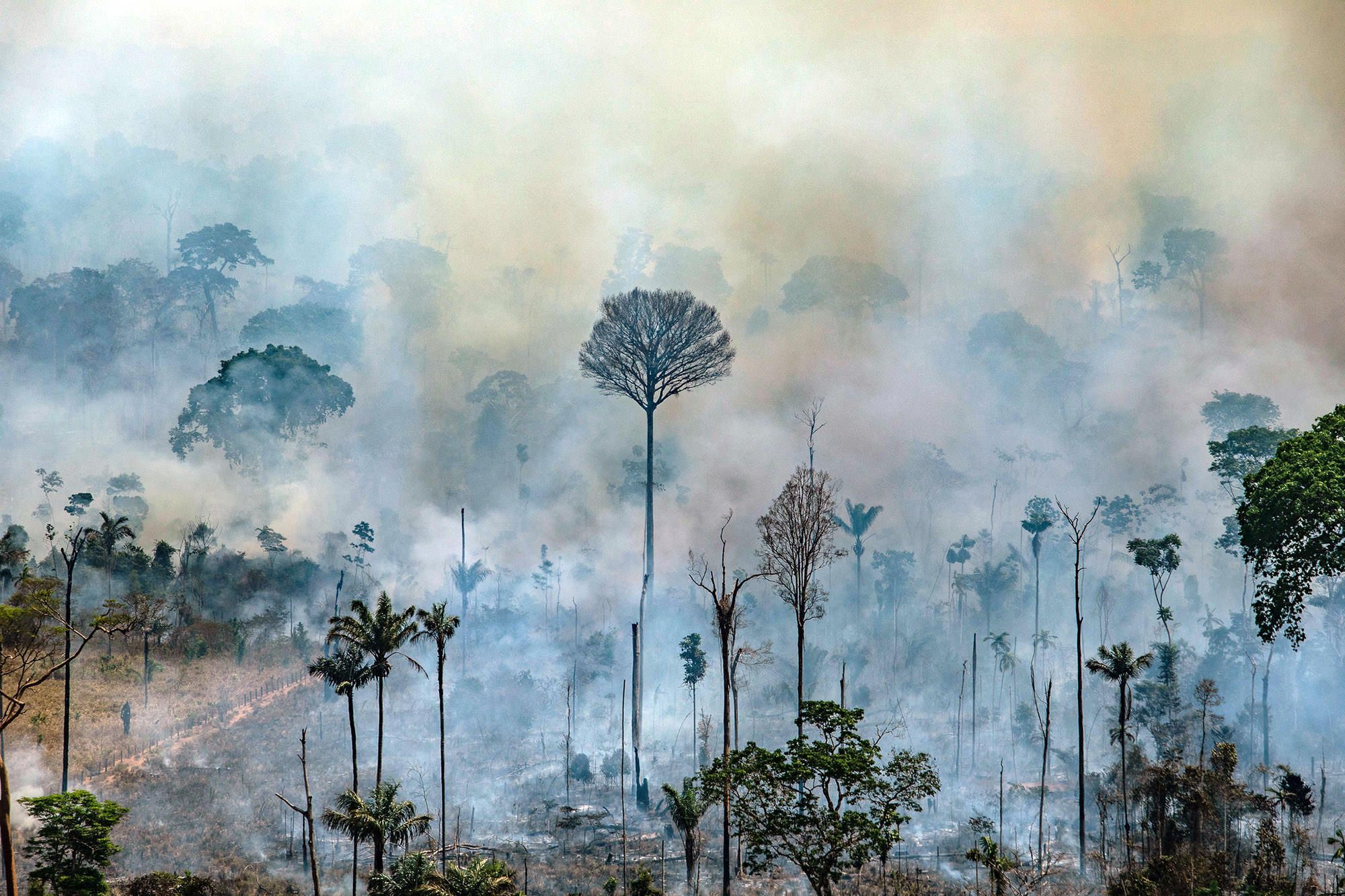
Humans have razed some 20 percent of the Amazon rainforest over the last 40 years alone, and an additional 20 percent is at risk of being destroyed—a potentially catastrophic loss that would cause this vital ecosystem to unravel. Read our response to the forest fire crisis in the Amazon.
The most important impact of our work in high-risk regions of the Amazon—self-determination—is not quantifiable. However, we continually gauge the success of our approach by measuring both ecosystem health and the economic and social well-being of our partner communities.
![]()
in Brazil nuts exported from Madre de Dios, Peru
After working with the Rainforest Alliance for four years, communities in the Madre de Dios region of the Peruvian Amazon exported more than 4,000 metric tons of shelled Brazil nuts, representing a value of nearly US $31 million. Read the study
![]()
under sustainable management in South America
We’re working with forest communities, farmers, governments, and companies to conserve the Amazon Basin and protect its precious biodiversity. Together with our partners, we’ve brought 18 million acres (7.3 million hectares) under sustainable management.
This number includes Rainforest Alliance Certified agricultural land and FSC certified forest land, including land certified by our Brazilian partner, Imaflora. Data accurate as of March 21, 2018.
Stopping deforestation in the Amazon requires bold, multi-faceted strategies that center indigenous forest communities and support their self-determination. This approach characterizes our work in the Amazon, where we work with a wide range of communities and partners to cultivate a sustainable forest economy.
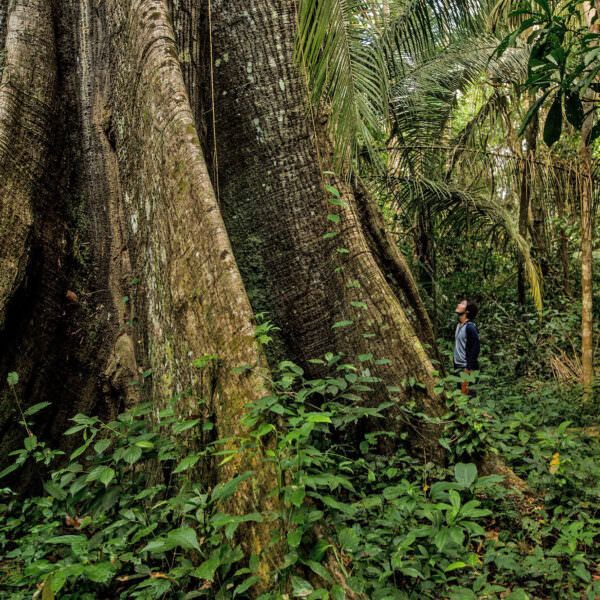
Peru: Where indigenous knowledge, climate science, and global markets meet.... Continue Reading
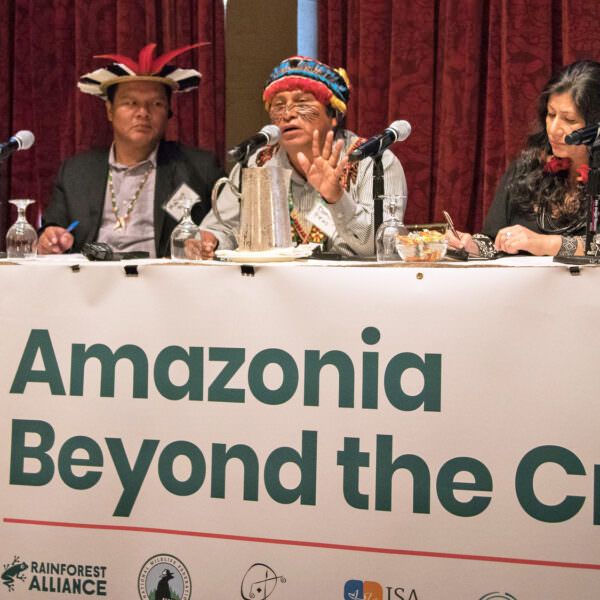
Together with our allies, we have drafted a call to action to save the world’s largest and most important rainforest.... Continue Reading
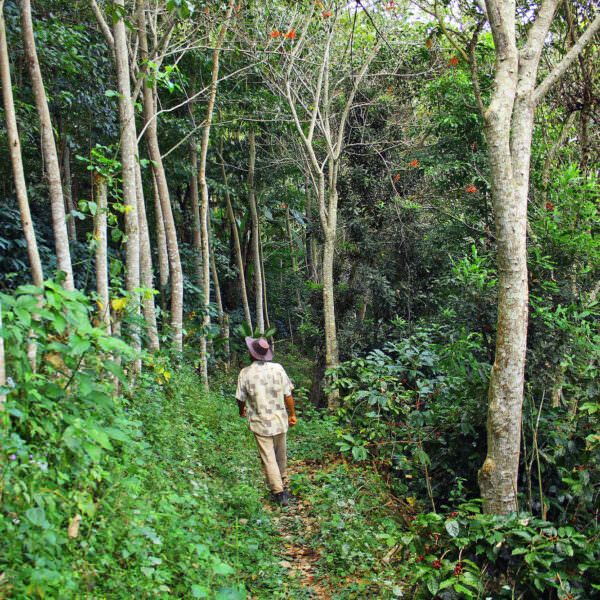
A family transformed their coffee farm into a resilient landscape—and improved their income.... Continue Reading
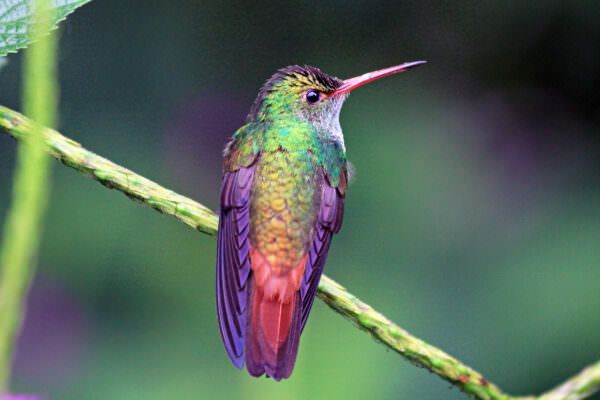
The vibrant plumage and distinctive songs of migratory birds are not just aesthetic and aural gifts from nature. They are indicators of the biodiversity health of a given landscape. If migratory birds are thriving, then the ecosystems needed to sustain them along their long routes are also flourishing.
Some migratory bird routes are just a short flight to a different elevation on a mountainside, while other routes span thousands of miles across continents. Whatever the length of the passage, migratory...... Continue Reading

This study provides the first evaluation of UTZ certification from the point of view of the certified farmers and other stakeholders in Brazil. The UTZ certification programme was launched in 2002 in Brazil. Over the years, the number of certified farmers has grown considerably, mainly due to the adoption of the standard by medium and […]

The main aim of this study is to understand the outcomes of UTZ certification in Colombia in relation to the objectives of the program as described in the UTZ Evaluation framework, the Theory of Change and the key UTZ program indicators. It focuses on the performance of UTZ Certified coffee farmers during the harvest seasons […]

Climate change education supports community engagement in sustainable forest management and REDD+ in Madre de Dios, Peru.

Effects of a voluntary sustainability standard system on 106 Latin American tourism enterprises The tourism industry can harm wildlife, plants, and natural ecosystems through habitat destruction, pollution, over-exploitation of natural resources, and visitor traffic to sensitive ecosystems. One approach to mitigate such threats is the application of voluntary sustainability standards, supported by training for tourism […]

As part of the Rainforest Alliance’s Kleinhans Fellowship, researchers with Indiana University and Universidade Federal do Acre (UFAC) in Brazil examined the importance of non-timber forest products (NTFPs) for supporting family income and promoting forest conservation in the western Amazon. The project compared seven sites representing one extractive reserve, three agro-extractive settlements, and three colonization […]